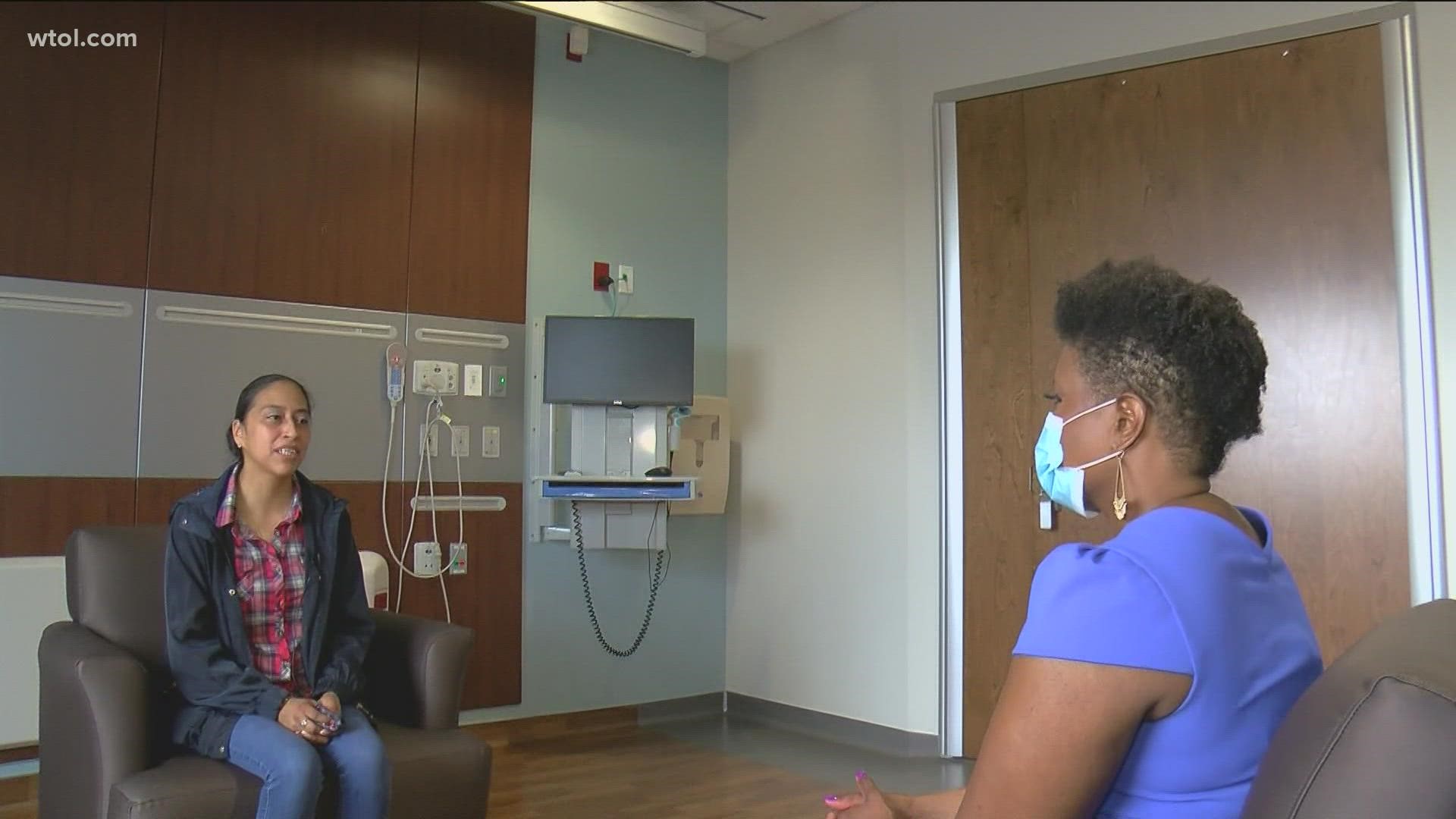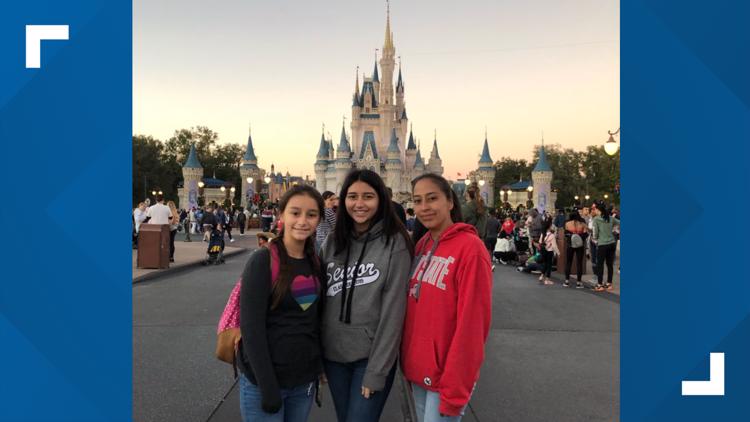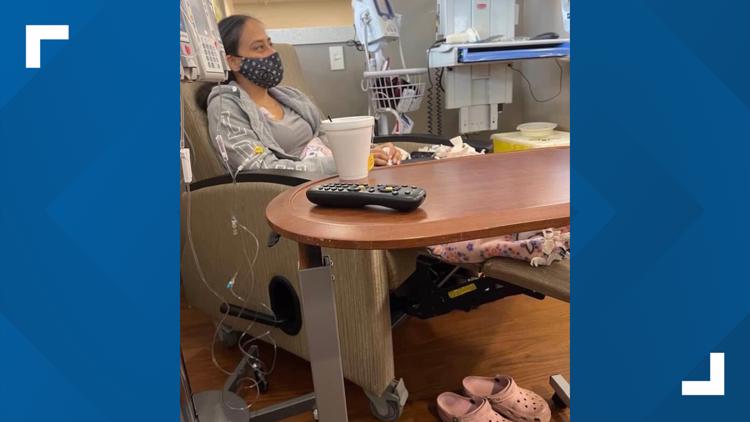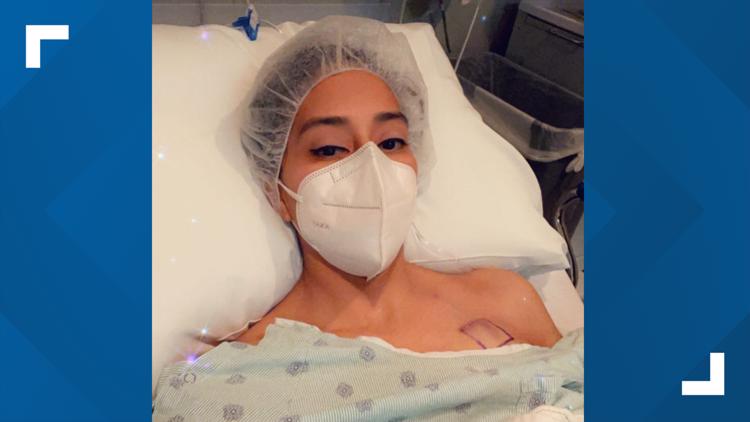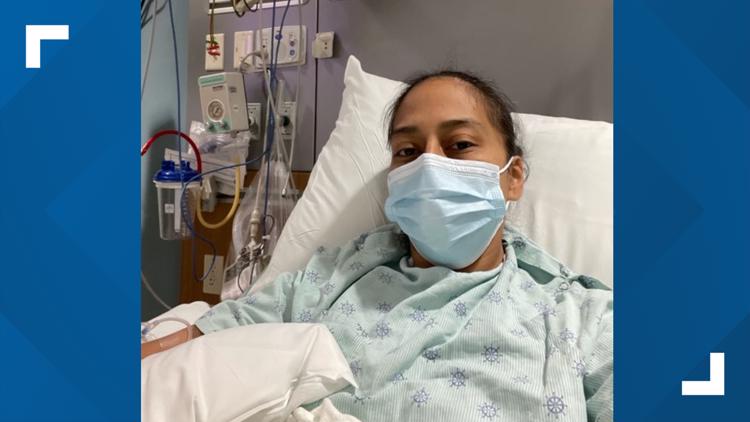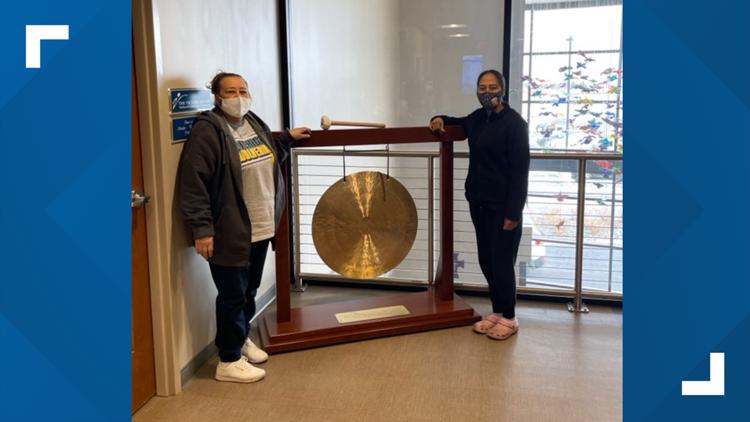TOLEDO, Ohio — April is Minority Health Month and the work to reduce health disparities and improve health outcomes in Black and brown communities is ongoing.
Toledo resident Melissa Montoyaschuler, 42, was diagnosed with cervical cancer last September after a routine exam. She had no symptoms.
“For me, I was scared. I was scared. I was confused. I didn’t know what to do or how to go about it,” Montoyaschuler said.
She was concerned about what would happen next. She thought about her two children and wanting to see them grow up.
“I’ve lived but I wanted to see what they turned into, what they were going to do. But I also know that if it was my time and He was ready or me, I just wanted to make them prepared for it.”

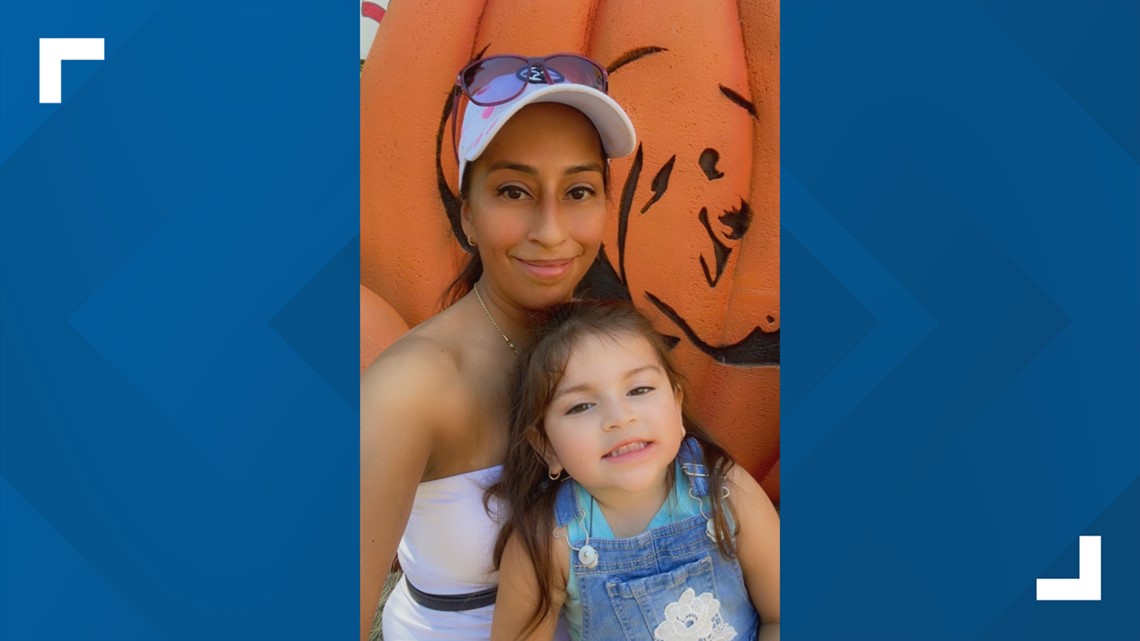
The support she received was important as she wrestled with wanting to face this challenge alone.
“I wanted to shut everybody out, I wanted to go through it by myself, be that strong person.”
But she realized the value of the support of others.
“It’s not about strength, it’s about faith," she said. "And the more faith you have in the people helping, the more you feel that love and that’s what’s going to help heal you.”
Melissa Montoyaschuler's cancer journey
Because of personal and family reasons she put off this routine exam for three years.
“I put my own personal needs on the backburner which a lot of parents do, which is sad because we should be thinking about ourselves.”
Montoyaschuler also had a level of mistrust of the system.
But when she met with Mercy Health's Gynecologic Oncology Physician Assistant Alyssa Kitts and the rest of the medical team about the course of treatment, Montoyaschuler felt like she mattered.
Kitts said it is sometimes difficult for people of color to seek out health screenings.
“Cervical cancer specifically has a higher incidence and mortality in people of color, the reason for that a lot of times is lack of screening, lack of guidelines whether it’s on the provider or the patient,” Kitts said.
She said establishing a trusting relationship for all of her patients, especially patients in a minority group, is important.
“I want those people to feel comfortable seeing someone who looks like them and can maybe relate to them and to be able to share a journey with them,” Kitts said.
She finds that the perception of medical providers can often be negatively skewed.
“These challenges come up when we lose trust in our providers and our medical system in general. Unfortunately, we’re slandered with a lot of social media and news coverage and things like that too.”
Kitts said there are biases that need to be overcome and how it’s important to find a system and provider you trust and speak up when something feels off with your body.
“There are biases out there and we have to learn to break down those barriers and the best way to do that is to get out there and advocate for our patients and ourselves.”

